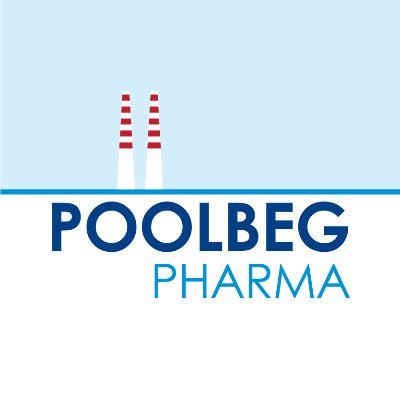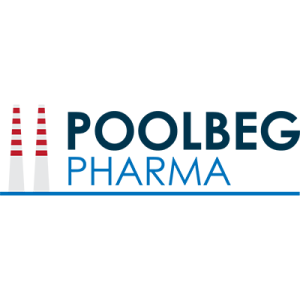If we have learnt anything from the last two years, it’s that virus protection is not to be sniffed at
Pharma innovation specialists, Poolbeg Pharma–a recent spin out from Open Orphan–has secured an exclusive licence for a novel immunotherapy which targets respiratory virus infections. Furthermore, in a breath of fresh air for delivery systems, the antiviral will be nasally administered.
Respiratory virus infections are considered to be in the top five global killers, resulting in over three million deaths worldwide every year. Data confirms, however, that Poolbeg’s intranasal immunotherapy is effective against influenza, RSV, SARS-CoV-2n and many other deadly viruses.
Poolbeg Pharma plc (LON:POLB) is a clinical stage infectious disease pharmaceutical company, with a novel capital light clinical model which enables us to develop multiple products faster and more cost effectively than the traditional biotech model.


